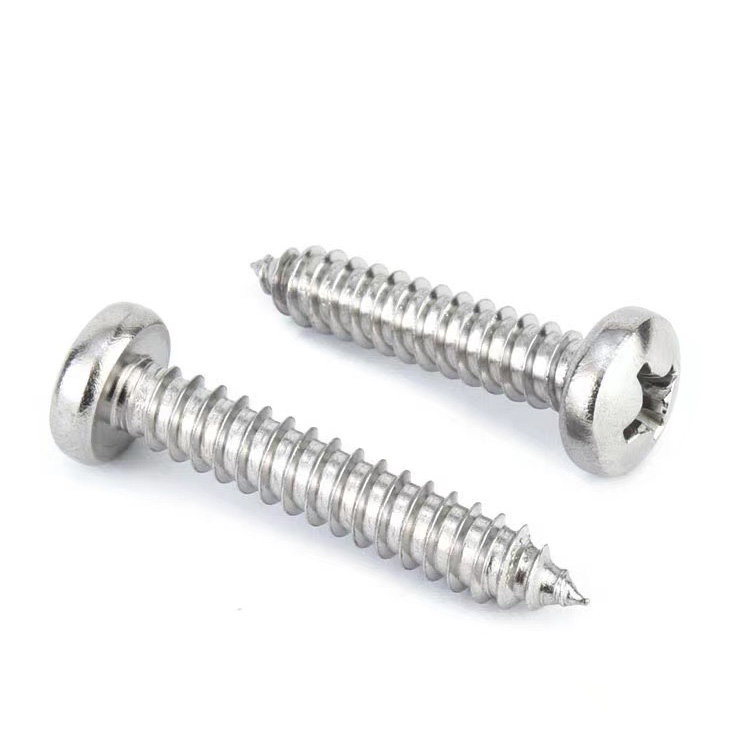Why Are Tapping Screws Essential for Modern Construction and DIY Projects?
2024-12-26
In the world of construction and DIY, fasteners play a crucial role in holding everything together. Among them, tapping screws stand out as a versatile and indispensable choice. But what makes these screws so unique, and why are they a favorite for professionals and hobbyists alike? Let’s dive into the details.
1. What Are Tapping Screws?
Tapping screws are specialized fasteners designed to create their own threads as they are driven into materials. Unlike standard screws that require pre-threaded holes, tapping screws save time and effort by cutting or forming threads in a variety of materials, including metal, wood, and plastic.
2. How Do Tapping Screws Work?
The magic lies in their design:
- Thread Shape: Sharp, self-tapping threads cut into the material as the screw is driven.
- Point Design: Different types, like pointed (self-drilling) or blunt tips, cater to various applications.
This ability to create threads eliminates the need for pre-drilling in many cases, streamlining the fastening process.
3. Why Are Tapping Screws So Popular?
Tapping screws offer several benefits:
- Versatility: Compatible with a wide range of materials and applications.
- Ease of Use: Simplify installation by eliminating additional steps like pre-drilling.
- Strong and Reliable Hold: Provide secure fastening, even in high-stress environments.
- Cost-Effective: Reduce the time and tools needed for installation.
4. Where Are Tapping Screws Used?
Their versatility makes tapping screws ideal for various industries and tasks, such as:
- Construction: Assembling metal frames, roofing, and wall panels.
- Automotive: Securing parts in vehicles and machinery.
- Furniture Making: Fastening wooden or composite materials.
- DIY Projects: Building shelves, repairing appliances, and more.
5. What Types of Tapping Screws Are Available?
Different applications call for specific tapping screws, including:
- Self-Drilling Screws: Ideal for metal, with a drill-like tip that eliminates the need for pre-drilling.
- Thread-Forming Screws: Designed for softer materials like plastic, forming threads without cutting.
- Thread-Cutting Screws: Cut threads into harder materials like metal or hardwood.
- Pan Head and Flat Head Screws: For aesthetic or functional needs.
6. How to Choose the Right Tapping Screw?
Selecting the right tapping screw depends on:
- Material: Match the screw to the material for optimal performance.
- Environment: Use corrosion-resistant screws, like stainless steel, for outdoor or humid conditions.
- Load Requirements: Ensure the screw’s size and type can handle the load and stress of the application.
Final Thoughts
Tapping screws are more than just fasteners—they’re a solution to simplify construction and repair. Their ability to create threads, combined with their strength and adaptability, makes them a staple in both professional and DIY toolkits.



